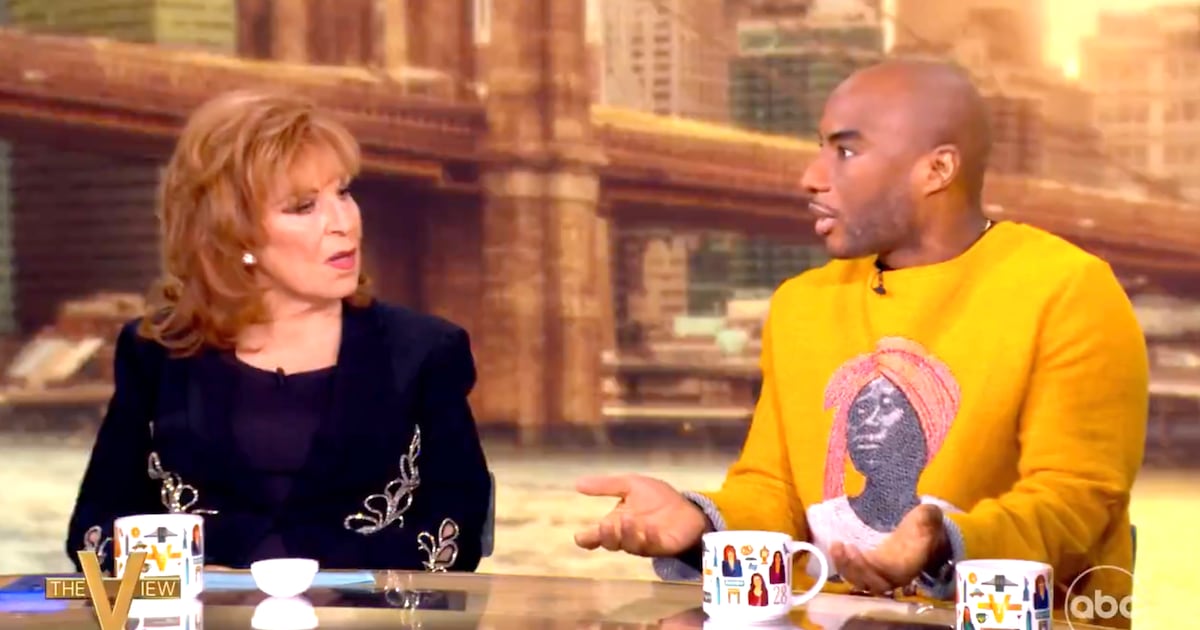
Thirty years ago this month, Marvin Gaye released an album born of a divorce proceeding. He was dissolving his marriage to Anna Gordy (Berry's sister) and lacked the cash to pay alimony and child support. His lawyer proposed giving Anna half the royalties from his next album. Gaye went into the studio with ideas of recording a bad album, so that he wouldn’t have to cough up much money for Anna. But the album he ended up creating, Here, My Dear, is one of his best. He sings angrily and directly to Anna about his feelings, his despondency, his pain—“Why do I have to pay attorney fees?!”
You hear Marvin not trying to please or entertain, but just expressing himself, like a ‘50s jazzman less concerned with communicating directly with the audience than writing in his diary in public. And you hear a man brought to his knees by heartache, trudging through the bleak, dreary, hellish desert that is Life After You Break Up. 808s and Heartbreak is Kanye West’s Here, My Dear.
808s, released last week, is an impassioned, despondent, bellicose dumper’s response.
ADVERTISEMENT
Kanye got engaged to his longtime girlfriend Alexis Phifer in 2006, but last April they called it off. 808s, released last week, is an impassioned, despondent, bellicose dumper’s response. This is Kanye’s moment to yell directly at the woman he loved but now feels emotionally betrayed him. Just as women are more open with their feelings than men, female singers have long given us tales of heartache. But how often do we hear a man singing about a broken heart?
In pop music singers are constantly saying you—I love you, I hate you, I’ll crush you like a jelly bean, etc., but it’s almost always a vague “you.” A floating, could be anyone, you. But when the you is known—say, in hip-hop battles or when Eminem is roaring at his ex-wife, Kim—it’s more immediate, more direct, and more titillatingly real. On 808s, we all know exactly who Kanye’s “you” is when he says, “Tell everybody that you know, that I don’t love you no more…” “You’re like the girl from Misery…” “You spoiled little LA girl…” and “How could you be so heartless?”
One gets the sense he feels this was all her fault.
This is Kanye’s album for himself, one that doesn’t seek to entertain and lacks the bright sounds and catchy hooks of his previous records. It's filled instead with dour, distorted, haunting electro-sounds. Sonically, it reminds me of There’s a Riot Goin' On, Sly and the Family Stone’s controversial, misunderstood masterpiece, with its cantankerous, brooding energy, and its edgy, burbling, electric experiments. Emotionally, it takes me back to Stevie Wonder’s Fulfillingness’ First Finale, a sad, mopey, bluesy soul album that I used to put on when I got depressed. That album is so melancholy that it somehow made me feel better. 808s does that, too.
Spiritually, it recalls this era, this computer and device-infested time when it's not unusual to wonder whether we have our little machines or if they have us. Kanye has crowded 808s with technology, letting computerized bleeps and slurps dominate the mix. He barely lets his voice be heard without distorting it with a vocoder, adding to the eerie, robot-cold feel of it all. It also increases the distance between Kanye and the audience, as if he were wearing a sonic mask. And it reminds us how he feels: discombobulated, out of sorts, distorted.
But 808s is so deeply drenched in the gloom and fury of love lost that it’s nothing less than a younger brother to Here, My Dear. After Marvin released that record, Anna considered suing him for invasion of privacy. Wonder if Alexis is retaining a lawyer.
RELATED: Touré on Kanye's Haunting New Love Song
Touré is the host of BET’s The Black Carpet and the host of Treasure HD’s I’ll Try Anything Once . He is the author of Never Drank the Kool-Aid , Soul City , and The Portable Promised Land . He was a contributing editor at Rolling Stone, was CNN’s first pop culture correspondent, and was the host of MTV2's Spoke N Heard . His writing has appeared in The New Yorker and The New York Times.
Editor's Note: This story originally named Anna Gordy as Berry Gordy's daughter; it has since been corrected because Anna is in fact Berry's sister.





